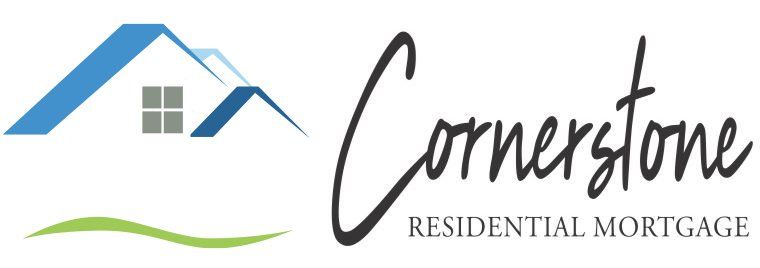Tips to Get Approved for a Mortgage
- By Cornerstone Residential Mortgage
- •
- 12 Apr, 2022

Buying a home is one of the biggest purchases you'll ever make. And considering the property's price tag, paying for the home outright might not be an option. To make a home purchase, you might need to seek financial assistance. A mortgage qualifies as the best financial product to help you realize your dream of becoming a homeowner.
But to get a mortgage, you need to get approved for the loan first. Today, mortgage lenders have tight restrictions on whoever gets the loan, meaning some people will miss out. The factors the lenders will check before approving the huge loan include down payment, income, credit, assets, and more.
As a borrower, you don't want your dreams shattered after your mortgage application is declined. To avoid these disappointments, enlighten yourself on how you can increase your chances of approval. Read on to learn tips to get approved for a mortgage.
Improve Your Credit Score
Some key reasons people have their mortgage application denied are low credit scores, credit report issues, or no credit history. Lenders will check on your credit score to determine your ability to pay the loan. If your credit score is below a certain score, the lender may reject your mortgage loan application.
Unpaid or late payments on a debt in the recent past will lower your credit score. Check on your credit history before you start your mortgage application. If you pay your bills on time but your credit score is low, your credit report could have an error taking down your application.
A high credit score shows you're a good borrower and increases your chances of getting a better mortgage deal. Before you start your home buying process, check, improve, and maintain your credit score. Also, get any errors on your credit report corrected for a better score.
Save for Down Payment
If you're planning to apply for a mortgage soon, start saving for a down payment now. The down payment will be a certain percentage of the home purchase price. The amount of down payment you're required to pay will vary depending on the loan and lender you pick. With a higher down payment, you're more likely to qualify for a mortgage.
A high down payment will indicate you're less likely to default on the mortgage payment and leave the lender to foreclose and auction the property. To save up on a down payment, come up with a monthly budget and determine the amount you'll be putting aside every month. Start a separate savings account specifically for the down payment a few months before applying for a mortgage.
Avoid Big Purchases
If you plan to purchase a home in a few months, avoid making large purchases before and after applying for a mortgage. Making large purchases could increase your debt, translating to a higher debt-to-income ratio.
And one of the factors the lenders will check during mortgage application is your debt-to-income ratio. This ratio shows how much of your monthly income goes into paying debts, and a lower ratio is desirable when applying for a mortgage.
Even if you're paying for the big purchase in cash, you can still jeopardize your mortgage application process. If the purchase drains your savings, you may end up having less capital, adversely affecting your mortgage approval.
Low capital could indicate you might be unable to pay back the mortgage, reducing the lender's confidence in you. Before and during mortgage application, avoid anything that could make the lender question your ability to repay the loan.
If you plan to buy a home, you'll most likely need a mortgage to make the big purchase. The above tips will help you get not only a mortgage approval but also a good deal. If you're shopping for a mortgage, experts at Cornerstone Residential Mortgage are here to match you with the perfect mortgage.



